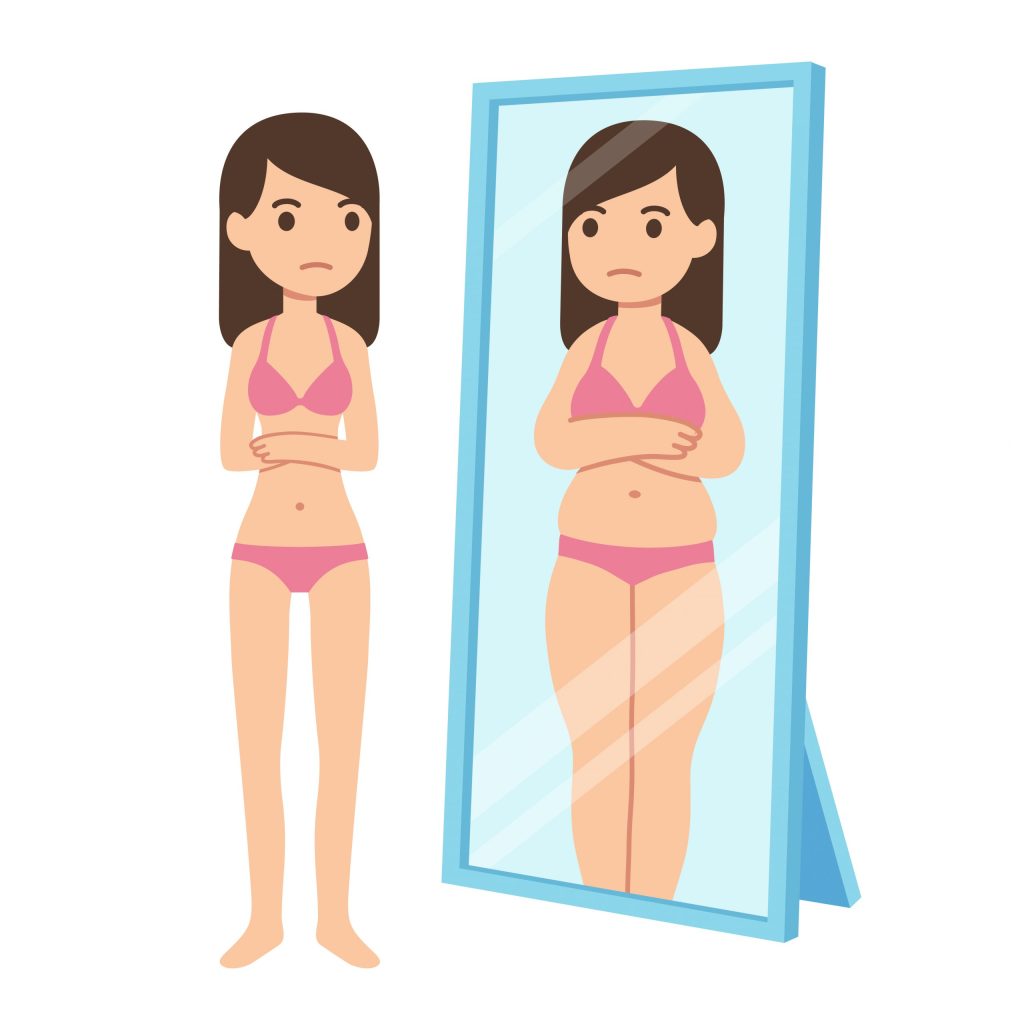Harming Others / Body Dysmorphic Disorder
Harming Others
Intrusive thoughts, images, or impulses about harming others either sexually or violently, be it loved ones or strangers, are common obsessions. To individuals experiencing them, the harmful behaviour may seem completely foreign and antithetical to their values. Even with such rational understanding though, the sufferer’s feelings about these obsessions make them nearly impossible to ignore. For many with OCD, it is the remote but ever-present possibility that they might commit such an act that gives rise to hours spent ruminating and reassurance seeking.
They tend to feel always on the verge of conclusively determining that they could not commit the acts they abhor, but this feeling simply draws them into increasingly frantic compulsions. These can include seeking reassurance from others, repetitive checking and reviewing of past events, and making extensive lists of their moral and amoral behaviors. The person can also find him/herself avoiding increasing numbers of people, places, and activities to avoid triggering the distressing thoughts or images, or to ensure that he will commit no harm. However, such strategies will only provide brief respite to the sufferer.

Body Dysmorphic Disorder (BDD)
The person in such cases suffer from a preoccupation with assumed defects in appearance. While such defects are often imaginary, if there is a physical anomaly present, then those suffering from BDD will greatly exaggerate its importance. Common complaints include flaws in facial features acne, body shape in general, specific body parts such as buttocks, and so on. Their obsession results in them performing repeated behaviours during the disorder, such as continually checking themselves in the mirror. This preoccupation with physical appearance can disrupt the sufferer’s normal daily functioning, both socially and occupationally, and cause them great distress. Sufferers can also develop ritualistic compulsions like the mirror example, or attempt to deal with their problems such as through excessive grooming behaviour, with such behaviours usually only adding to the distress experienced.

